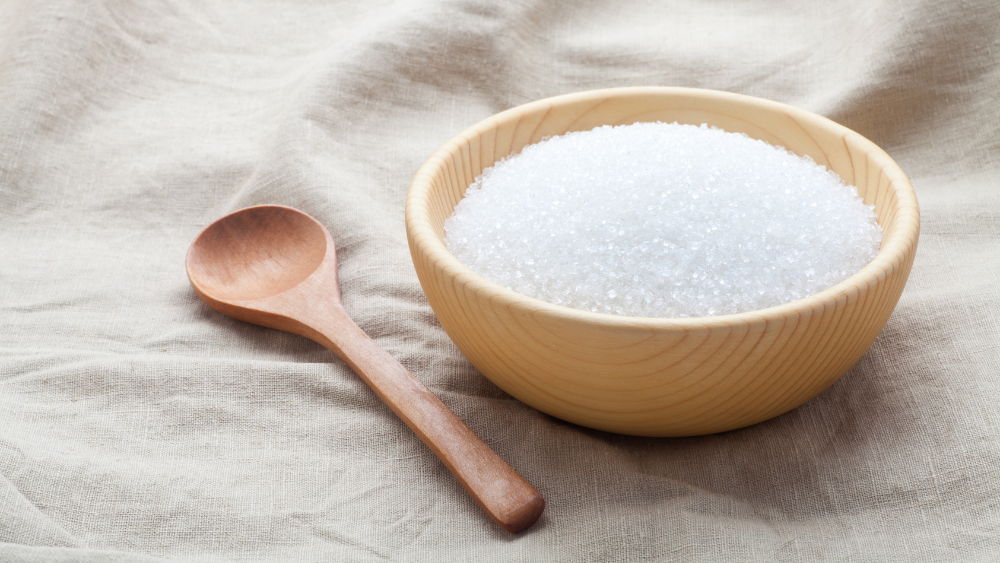Erythritol vs. Classic Sugars
These are the main differences between erythritol and the ‘Classic’ sugars that you find in most processed foods, restaurants, and home kitchens.

Erythritol
- Erythritol has been found to have no effect on blood glucose or insulin levels, making it a good option for those with diabetes or those looking to manage their blood sugar levels.
- Erythritol has been found to have no effect on gene expression related to inflammation and insulin resistance, suggesting that it may be a good option for those at risk for developing metabolic disorders.
- Erythritol has no effect on blood sugar levels (it contains no energy that the body can use) so essentially it is just a sweet taste.
- Erythritol has been found to have a neutral effect on blood lipid levels, making it a good option for those with high cholesterol or triglycerides.
- Erythritol has a glycaemic index of zero and does not cause blood sugar spikes, which can help promote cognitive function and reduce brain fog.
- Erythritol has been found to have a minimal effect on muscle strength or endurance, but it may help improve recovery time after exercise.
- Erythritol does not promote tooth decay or damage and may have a beneficial effect on dental health by reducing plaque formation and neutralizing harmful bacteria in the mouth. Approved by EFSA as safer for teeth.
- Erythritol has zero calorie content, which makes it a good option for those looking to reduce their calorie intake and manage their weight.

Classic Sugar
-
Sticks to red blood cells (impairing the haemoglobin that is critical for oxygen transport) and elevates HbA1c.
-
High GI – increases nutrigenomic risk (food/gene interaction) of developing Type 2 Diabetes.
-
Rapid energy which crashes, causing hunger and lethargy (tiredness and mental fog).
-
Increases production of cholesterol by the liver in response to inflammation.
-
Reduces focus, induces anxiety, impairs memory, reduces BDNF (a neurotransmitter involved in learning), and increases oxidative stress (creating brain inflammation and brain fog).
-
Encourages fermentation by-products impairing muscle function and increasing inflammation.
-
Feeds bad bacteria that cause bad breath, plaque, and demineralize teeth.
-
Promotes fat storage and restricts metabolic access to using fat for fuel.
How can I use erythritol?
Erythritol has a sweet taste similar to table sugar, but it has a slight cooling effect on the tongue.
It is not as well suited to baking as some other sugar alternatives, but it can be used in a variety of other applications, such as sweetening beverages or as a topping for fruit.
Erythritol is heat-stable and can be used in baking, but it does not caramelize or brown like table sugar does. It can also have a slightly grainy texture when used in high concentrations.

Your Personal Sugar Strategy
One of the challenges when replacing classic sugars, with Dr Coy’s healthy sugars, is that they have different properties:
- Some are great for baking, others are better for ice-cream.
- Some taste super sweet, others much less so.
- Some have the same calories as classic sugars, others have less.
Also, we each have different needs when it comes to energy, and preferred levels of sweetness:
- An athlete needs more energy than an office worker.
- Some people prefer sweeter tastes.
- Weight loss and diabetes also have unique metabolic needs.
So, to make it easier, Dr. Coy developed sugar mixtures based on personal and functional needs.


